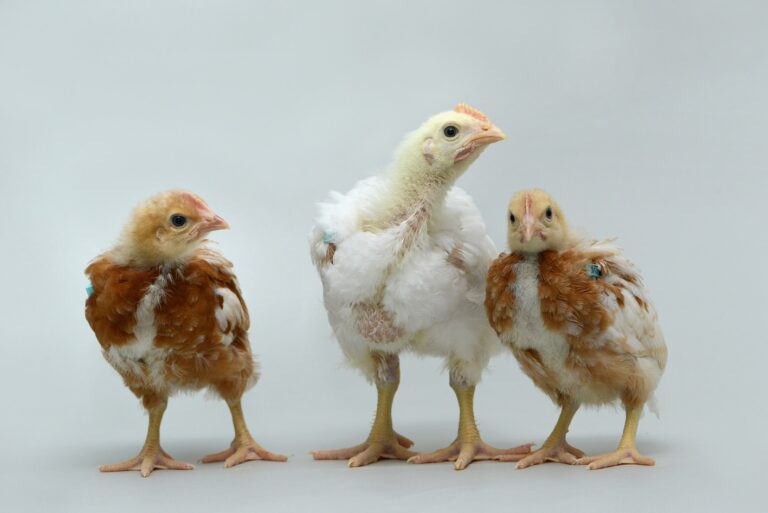Brain processes controlling hunger in birds are to be examined, to better understand how stress experienced during development in the egg impacts on chicks’ appetite after they hatch.
Researchers hope to discover whether the development of brain circuits linked to hunger and satiety are affected by stress hormones in early life.
Findings from the £500,000 project, funded by the Biotechnology and Biological Sciences Research Council, could inform welfare management in the egg and poultry industries.
Studies of quail – which are well developed and active upon hatching – will investigate whether stress during development causes misregulation in their brain circuits, impacting appetite regulation.
The results will offer valuable insights on stress, which is known to have lifelong consequences for birds, linked to survival, breeding success, productivity, and health of offspring.
Researchers at the Roslin Institute will investigate the effects that a stress hormone, corticosterone, has in fertilised quail eggs, mimicking the hormone signal deposited by stressed mother birds into their eggs.
Researchers will study embryos and chicks to compare the biological pathways for hunger and satiety in the brains of birds that have been exposed to stress with those that have not. They will also investigate whether early life stress affects feeding behaviour in newly hatched chicks.
The team will study gene activity to examine whether the key hormone and neural circuits that control appetite are changed in embryos and chicks that have experienced early life stress.
Electrical impulses in brain circuits linked to feeding will be recorded to investigate whether early life stress changes cells’ sensitivity to glucose, which would impact on the body’s metabolism – how much energy it needs to function.
Glucose levels in birds’ brains are much higher than in mammals, indicating that glucose regulation may be more important in birds than in other species.
Professor Simone Meddle, Professor of Behavioural Neuroendocrinology, Roslin Institute, said: “This research will provide unique insights into the brain mechanisms that regulate appetite in newly hatched chicks and shed light on the mechanisms by which early life stress may program feeding circuits in the brain. Our findings could lead to improvements in the industrial management and welfare of eggs and chicks, and lead to significant economic benefits.”


